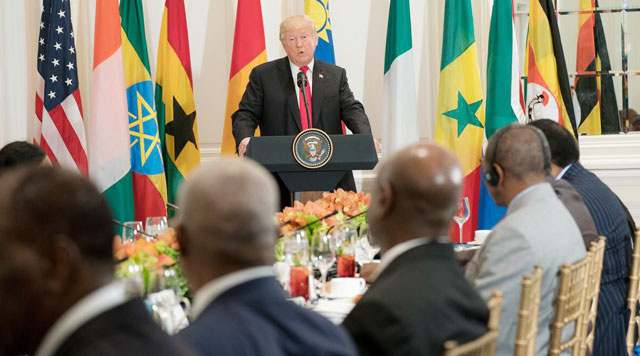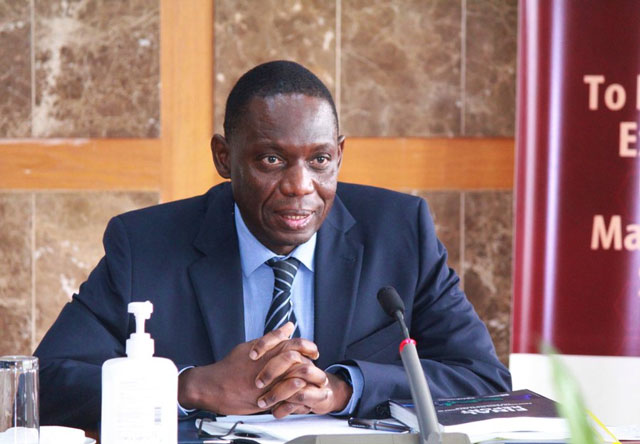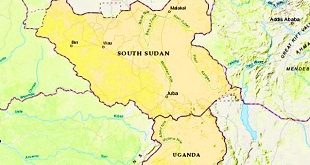
KAMPALA, UGANDA | THE INDEPENDENT | Uganda is in a wait-and-see mode ahead of Donald Trump’s assumption of the US presidency next month.
While Uganda’s trade with the US is minimal compared to global trade, the country has interests like worker’s remittances, and cash inflows in the form of development aid, among others.
As the Bank of Uganda (BOU) manages the monetary affairs of the country, it cannot miss out on factoring in what is happening in the world’s largest economies.
BOU has opted not to change the Central Bank Rate, now at 9.5 percent, on the backdrop of a steadily low inflation rate over the last 12 months.
Inflation has averaged 3.3 percent for headline and 3.5 percent for core, amid drops in food crop prices, ebbing global inflationary pressures and a stable foreign exchange rate which BOU attributes to its policies that have supported the Shillings against the US Dollar.
In November, headline inflation, which measures price changes in all commodities and services, remained steady at 2.9 percent, while the core, which excludes items like food, energy and utilities dropped slightly from 3.9 to 3.8 percent.
The Central Bank’s Monetary Policy Committee foresees continued strengthening of the Shilling with increased dollar inflows into the oil and mining sectors, decreasing global inflation along with food and fuel price falls.
This shows that so far the global macroeconomics have not suffered the previously feared effects of the outcome of the US presidential elections.
During his campaigns, candidate, now President Donald Trump promised several policy changes that told of tightening financial conditions and trade, on top of fears of an anti-African attitude.
However, should there be intensified geopolitical tensions and renewed tightening in global financial conditions or even extreme weather conditions affecting food production, there could be rising inflation again, according to the Bank.
Micheal Atingi-Ego, the Deputy Governor Bank of Uganda says the immediate impact of Trump’s win was largely speculative and boosted the dollar strengths, but not the inflation.

The Uganda Shilling is one of those that have not been affected but rather has been generally strong against the dollar.
However, the DG says there are still chances that the impact will be there, especially when Trump is sworn in in January next year.
He says that this is because the president-elect has promised to immediately implement his campaign promises including the deportation of illegal immigrants, and hiking tariffs on imports from several countries, among others.
According to Atingi-Ego, the impact on Uganda will largely be a spillover from what has happened in other countries.
Trump’s proposed policies are largely punitive on countries that he thinks have unfair trade advantages over the US on some commodities, including China and some European countries.
But also, his proposed sanctions on countries like Mexico have more to do with politics and his nationalist stance to protect Americans against assumed immigrants who, not only increase the strain on domestic resources but affect security, according to him.
Dr Adam Mugume, the Executive Director of Research at BoU says possible effects on Uganda may include reduced remittances and other inflows like development aid.
For now, the BoU officials say it is not clear how much of the policy reforms Trump promised will be implemented and how, and to what extent they will affect the world and Uganda.
****
URN
 The Independent Uganda: You get the Truth we Pay the Price
The Independent Uganda: You get the Truth we Pay the Price



